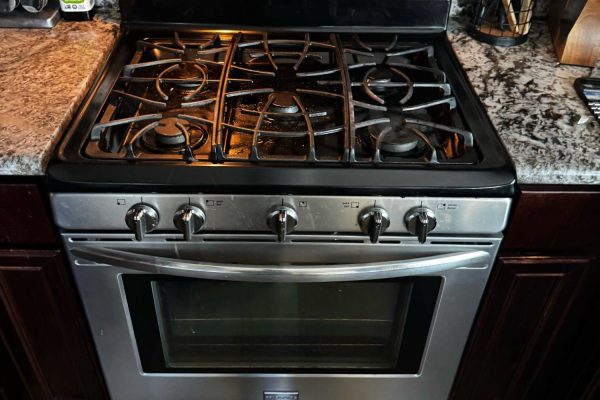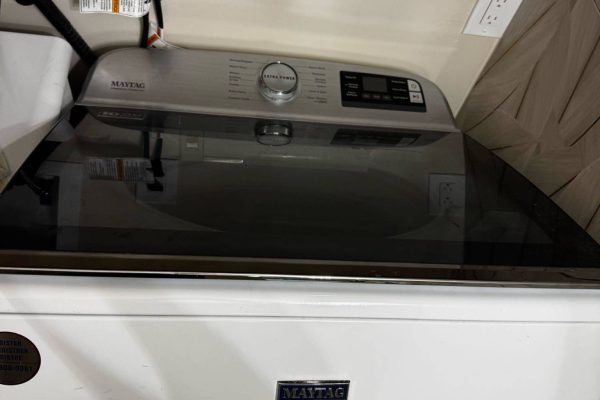A refrigerator is an indispensable household appliance, without it, it is impossible to preserve food. It provides cooling and maintains a low temperature. The insulated chamber excludes heating, at the optimum mode, there is no defrosting. People constantly use refrigeration equipment but rarely think about the principle of its operation. Many do not even know what Freon is and why it is needed, where it is located, how it is charged, and why leaks happen.
Refrigerant, which circulates in the system, provides the injection of cold. In the compressor, its vapors are compressed and fall into the condenser. There, the compressed gas is cooled and transformed into a liquid state. Then the liquid enters a special evaporator, boils, and begins to evaporate. At the same time, heat is taken from the surrounding space. It is at this point that cooling occurs. The formed vapor flows back into the compressor. The cycle repeats. Thus, the desired temperature is maintained in the freezing and cooling chambers. That is, the whole process is based on the physical and chemical properties of freon, on its ability to evaporate and cool.
Freon definition
In general, freons are called a fairly large group of substances that are derivatives of saturated hydrocarbons and are used as refrigerants. They include more than 40 compounds containing methane and ethane, fluorine, bromine, or chlorine atoms in different proportions. Only safe options are used to fill refrigerators.
The name “freons” is purely technical, but the term has gained a foothold in the home as well. It was originally used by the American chemical company DuPont, which was the first to produce the substance for refrigeration charging. The corporation remained the monopolist for a long time, nobody else could produce analogs of freon. Now this is the name of all refrigerants.
Freon is absolutely inert for the environment. That is, it has a weak chemical activity, practically does not react, and does no harm. In domestic or industrial refrigerators, it is always present. As the cycle progresses, the state of the refrigerant changes, the gas is compressed and condensed, then the liquid boils and evaporates. At this stage, heat is absorbed, and cold is released.
Important! Freon charge not only domestic refrigerators. It is used for charging any cooling units and fire extinguishers, is available in aerosols and sprays, and is present in the assembly foam and paintwork materials.
Household refrigerants have no smell, they are colorless and completely transparent. Because of this, an inexperienced person is unlikely to detect a leak right away. The fact that there are problems with the refrigeration system, you can know only by indirect signs. For example, if condensate appeared on the chamber’s walls, and the unit itself began to freeze poorly or stopped working at all.
Different options are used to refill domestic refrigeration systems:
R600a (isobutane) has excellent thermophysical and operational characteristics. It is distinguished by its high refrigeration factor, which reduces power consumption and makes charging cheaper. It creates relatively low pressure in the working circuit, thus reducing the noise level, reducing the load on the pipeline, and practically excluding leaks. Isobutane is a natural substance that is safe for the environment, does not destroy the ozone layer, and does not cause the greenhouse effect. It is explosive, but the concentration of gas in the compressor and evaporator is low, so it cannot explode.
R134a is considered to be the best substitute for forbidden R12. It is a transparent colorless odorless gas without chlorine and other dangerous impurities. Safe for the environment, does not deplete the ozone layer. Ideal for use in environments where overheating, high humidity, and condensation can occur. It is nonflammable and non-toxic over the whole range of operating temperatures. R134a molecules are smaller than those of standard R12, which increases the probability of leakage.
R12 is the most widespread charging refrigerant in the past. Since 2010 it has been prohibited to use, but in the outdated equipment, it is still met. It has relatively weak operational properties and loses to modern analogs at all positions. Emits a characteristic sweetish odor, and at high concentrations causes suffocation. In normal conditions, it does not ignite but may explode if heated strongly.
R22 is not used nowadays, it is found only in refrigeration chambers of old type. Colorless refueling gas has a pronounced smell of chloroform. Dangerous for the ozone layer, though its destruction factor is lower than forbidden R12. When heated strongly or in contact with open fire, it releases highly toxic substances.
To find out the type of refrigerant, it is enough to look at the label on the compressor or technical documentation. In modern models of refrigerators and freezers, only R600a and R134a are used. They are characterized by good performance, and in case of leaks, they do not pose a danger to nature and people.
We have appliance repair experts available today! Call a professional Poway Appliance Service Center technician by phone or book your service.
Our service center is open 24/7, so you can easily schedule a convenient repair time. The specialist will arrive at the agreed time, carry out a diagnosis, and, if necessary, offer repairs. If you are willing, your appliance will be repaired directly on-site within 1-2 hours. We provide top-notch service at an affordable price!
Contact us


